Related Research Articles
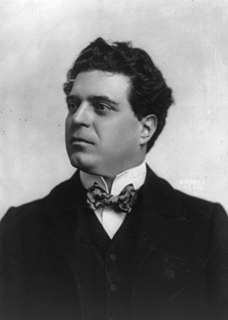
Pietro Mascagni was an Italian composer primarily known for his operas. His 1890 masterpiece Cavalleria rusticana caused one of the greatest sensations in opera history and single-handedly ushered in the Verismo movement in Italian dramatic music. While it was often held that Mascagni, like Ruggero Leoncavallo, was a "one-opera man" who could never repeat his first success, L'amico Fritz and Iris have remained in the repertoire in Europe since their premieres.

Livorno is a port city on the Ligurian Sea on the western coast of Tuscany, Italy. It is the capital of the Province of Livorno, having a population of 158,493 residents in December 2017. It is traditionally known in English as Leghorn.
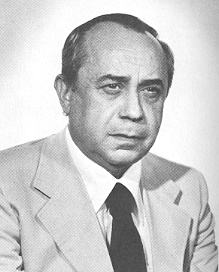
Leonardo Sciascia was an Italian writer, novelist, essayist, playwright, and politician. Some of his works have been made into films, including Porte Aperte, Cadaveri Eccellenti, Todo Modo and Il giorno della civetta.
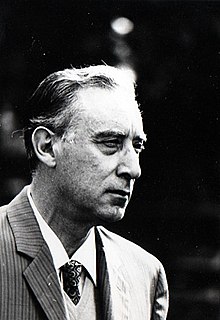
Mario Luzi was an Italian poet.

Leoluca Bagarella is an Italian criminal and member of the Sicilian Mafia. He is from the town of Corleone. Following Salvatore Riina's arrest in early 1993, Bagarella became the head of the stragist strategy faction, opposing another faction commanded by the successor designate Bernardo Provenzano, creating a real rift in Cosa Nostra. Bagarella was captured in 1995, having been a fugitive for four years, and sentenced to life imprisonment for Mafia association and multiple murders.
Silvano is a dramma marinaresco or opera in two acts by Pietro Mascagni from a libretto by Giovanni Targioni-Tozzetti, based on a novel by Alphonse Karr. It received its first performance on 25 March 1895 at La Scala, Milan. Although rarely performed today, the music is of some technical accomplishment, and when revived, Silvano has been favourably received. The barcarolle from Silvano features prominently in a montage during the Martin Scorsese film Raging Bull.
Piero Ceccarini is an Italian former football referee. He is mostly known for a controversial decision he made during a match in Turin between Juventus and Inter on 26 April 1998.

Giuseppe Musolino, also known as the "Brigante Musolino" or the "King of Aspromonte", was an Italian brigand and folk hero.
Quinto Martini (1908–1990) was an Italian artist and writer, born in Seano, Tuscany.

Giorgio Caproni was an Italian poet, literary critic and translator, especially from French. His work was also part of the literature event in the art competition at the 1948 Summer Olympics.
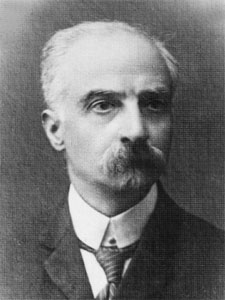
Francesco Saverio Merlino was an Italian lawyer, anarchist activist and theorist of libertarian socialism.
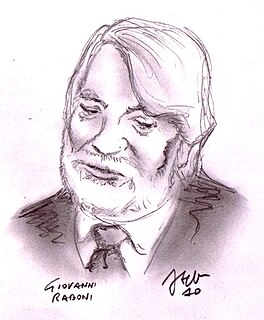
Giovanni Raboni was an Italian poet, translator and literary critic.
Angelo Froglia was an Italian painter and sculptor mostly known for being involved in the scandal of the sculptures falsely attributed to Amedeo Modigliani in 1984.

Rosario Garibaldi Bosco was an Italian Republican-inspired socialist, politician and writer from Sicily. He was one of the leaders of the Fasci Siciliani, a popular movement of democratic and socialist inspiration in 1891-1894.
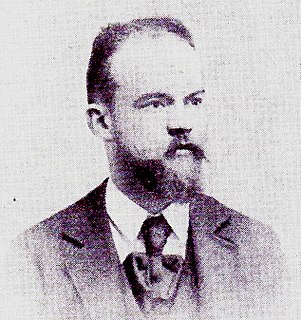
Giuseppe Rensi was an Italian philosopher.
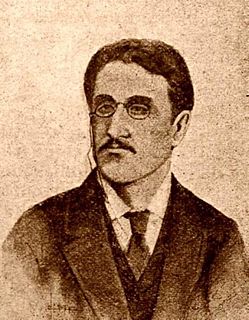
Emilio Covelli (1846–1915) was an Italian anarchist and socialist who together with Carlo Cafiero was one of the most important figures in the early socialist movement in Italy, a member of the International Workingmen's Association, or "First International". He lived in exile in Paris for a while, returning to Italy for reasons of health, and dying in the psychiatric hospital in Nocera Inferiore.
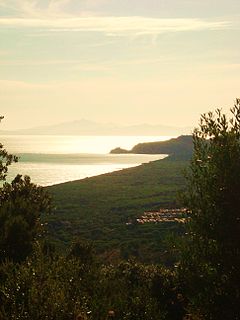
Roccamare is a village in Tuscany, central Italy, administratively a frazione of the comune of Castiglione della Pescaia, province of Grosseto. At the time of the 2001 census its population amounted to 107.
Giuseppe Ceccherini was an Italian composer and singing teacher. He was born in Florence, the son of Ferdinando Ceccherini (1792–1858), a noted tenor, composer, and the maestro di cappella of Florence's principal cathedral, Santa Maria del Fiore.

Terrorism in Italy is related to political and subversive terrorism activities, carried out by various groups and organizations with different and sometimes conflicting methods, motivations and interests. This article is primarily about late 20th-century and early 21st-century terrorism.

Bruno Malaguti was an Italian general during World War II.
References
- ↑ "Silvano Ceccheriniil romanziere galeotto". 16 August 2010.
- ↑ "Il bandito scrittore". 16 October 2011.
- ↑ Robin Healey (1998). Twentieth Century Italian Literature in English Translation: An Annotated Bibliography, 1929 - 1997. University of Toronto Press. p. 169. ISBN 978-0-8020-0800-8 . Retrieved 7 May 2013.